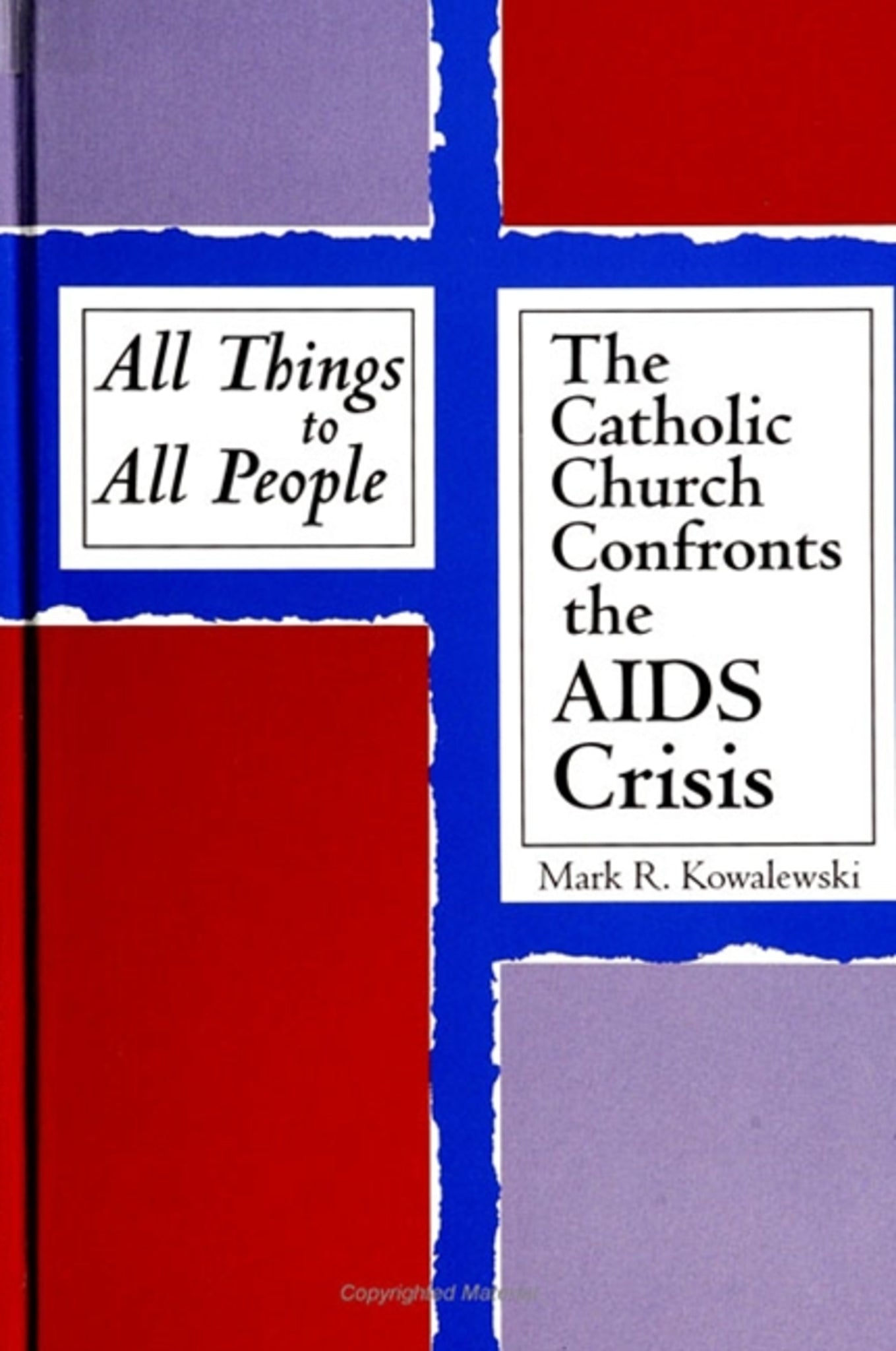We're sorry. An error has occurred
Please cancel or retry.
All Things to All People

Some error occured while loading the Quick View. Please close the Quick View and try reloading the page.
Couldn't load pickup availability
- Format:
-
07 June 1994

This book examines the Roman Catholic Church in the United States as it responds to the AIDS crisis and persons with AIDS from a critical sociological perspective using organizational theory.


"This topic is significant for two reasons: (1) AIDS and the Church's response to it will continue to create conflict and force issues regarding moral deliberation to the forefront of theological ethics; (2) the Church's use of power and its openness to transformation in light of the tension between the ecclesiology of Vatican II and the positions taken by the present magisterium will continue to be an issue for North American Catholics. This book bridges the disciplines of sociology and theology in a useful way.
"The development of theory together with the author's willingness to let readers hear the voices of the priests on the front line of AIDS ministry make for a very compelling narrative. No one else has done anything like this. The topical importance of AIDS needs no underscoring. Little field work on pastoral ministry in the AIDS context exists. This is a pathbreaking study and could be a landmark for many years to come.
"Ideas like limited accommodation as neutralizing change, and a statement that negotiation on practical implementation of teachings can itself be a buffer against more radical change—these are most valuable insights into how organizations maintain themselves in turbulent environments. The entire range of interplay between authority structure and lower-line professional is wonderfully explored and reflected upon." — Patrick McNamara, The University of New Mexico
"Kowalewski emphasizes and describes how pastoral care at the local level can have the ironic effect of legitimating and sustaining power structures, thus revealing the unexpected ways in which power is wielded." — Ralph F. Smith, Wartburg Theological Seminary
Preface
Acknowledgments
1. Introduction
The Church as a Complex Organization
The Localization of Power
Theological Considerations
AIDS: The Medical, Social, and Religious Context
AIDS and the Archdioceses of Los Angeles
Plan of the Study
2. Methods
Data Collection and Analysis
Models of the Church
3. The Hierarchy Responds to AIDS
The Vatican and AIDS
The American Bishops and AIDS
The Hierarchy and Impression Management
4. Priests and AIDS Education
A Compassionate Response
Preventive Education
Educational Programs
AIDS Prevention and the Church: A Brief Normative Note
5. Priests and PWAs
Ministering to the Needs of PWAs
Conflict in Ministry
Summary
6. Toward an Analysis of Ecclesiastical Organization
Professional Power and Individual Autonomy
Apparatuses of Power
Change in Organizational Structures
7. Toward a Normative Critique of Church Structures
Priests as Ministers and Mediators
Roman Locuta, Causa Finita or Sensus Fidelium
Reception and Church Teaching
Power and Knowledge: Further Examples
The Moral Voice of Catholic Laity
Notes
References
Index



